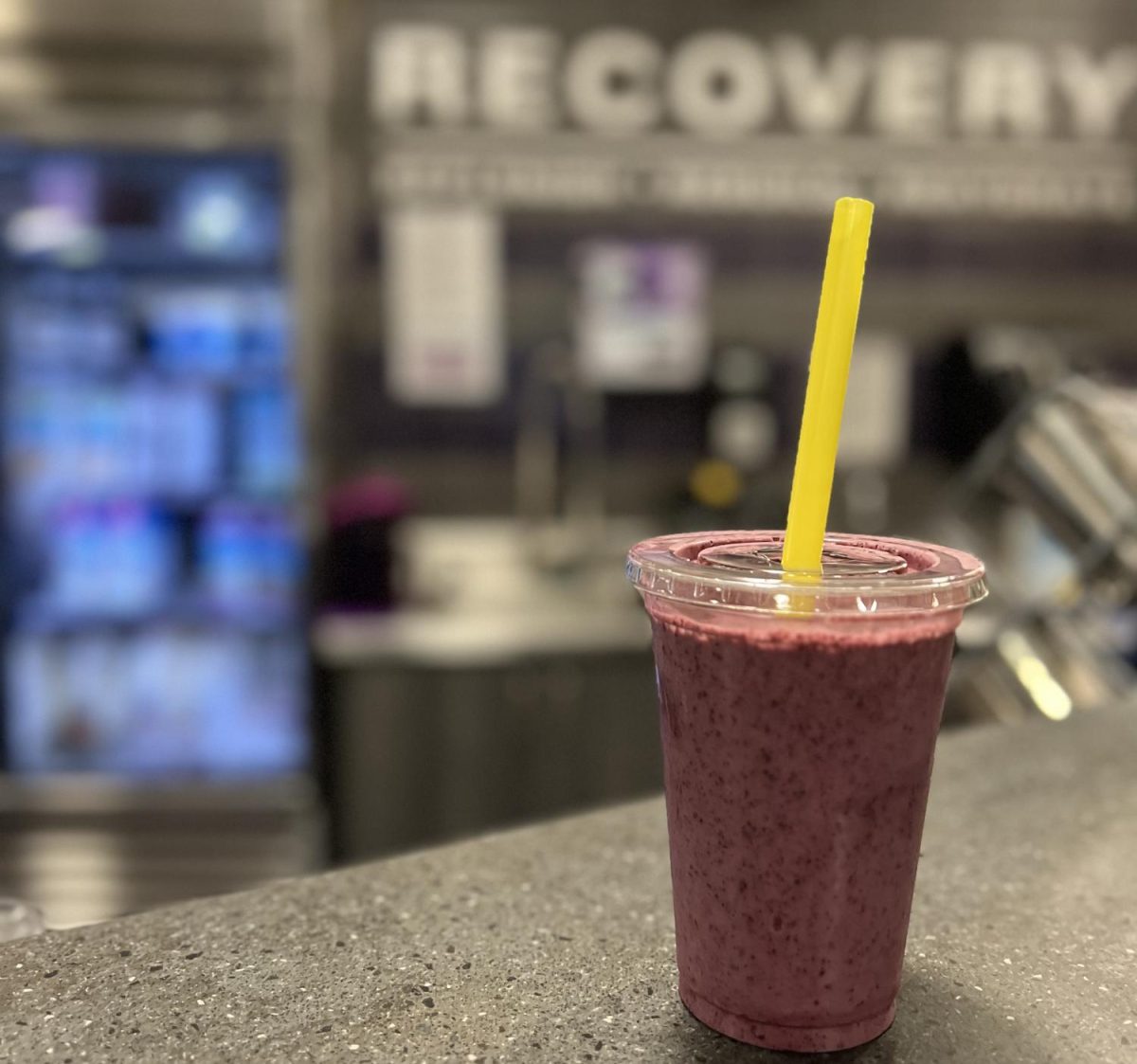“Hot cross buns, hot cross buns, one a penny, two a penny, hot cross buns.” That simple song brings back memories for many people of their elementary school music classes. For others, it may be the first time they took lessons for piano, guitar or some other instrument.
I learned it on recorder myself, and I had it down. Of course, it consisted of only three notes, which was just fine for a third-grader like me.
I was fortunate to grow up in a school system with a music program. At the time, I don’t think I appreciated it for what it truly was: a valuable addition to my education.
Knowledge of music is vital to receiving a well-rounded education. It can help broaden a student’s outlook or teach a skill.
According to the National Association for Music Education Web site, the benefits can be found in a child’s society, school, mental development and life.
Music is all around us, from radio to television to movies; it helps to shape our understanding of things.
All of the little ditties that get stuck in our heads help us to recognize rhythm and, in some cases, learn about the world around us.
In the classroom, music can teach students the multiplication tables or proper English skills.
Bob King, the program director for choral and general music of the Fort Worth Independent School District, said teachers have begun utilizing music more in the classroom.
Reading and social studies are beginning to be reinforced by music in the classroom, King said.
King said there was a recent conference for teachers to learn additional methods for incorporating music into the curriculum.
One of the most recognized educational music programs is “School House Rock.” Most remember it for songs like “Conjunction Junction,” which helped to teach various English language skills.
But that was not all they taught. Various history and government topics were brought to life in the classics “The Shot Heard ‘Round the World” and “I’m Just a Bill.”
The best place to learn about music, however, is in the music classroom.
Christine Derber, the director or music at Fort Worth Country Day School, said music is a valued part of a child’s education.
“Arts are important to have a well-rounded education,” Derber said.
The curriculum at FWCDS is based on the Three A’s: Arts, athletics and academics.
Derber said music education at FWCDS begins as early as kindergarten with identifying and finding beats in pieces of music.
“I like using a heartbeat,” Derber said.
King said there were 80 elementary schools in FWISD and it was up to the individual school as to how they teach music as long as they meet the Texas Essential Knowledge and Skills requirements.
There are various methods for learning the arts.
Derber uses the Kodaly method that emphasizes music literacy through the use of folk music.
“By fourth grade, students are able to read simple melodies by using the pentatonic scale,” Derber said.
King said all of the high schools in FWISD have band and choral programs and most have orchestras.
In addition to those programs, King said Paschal High School has a jazz band and Diamond Hill-Jarvis High School has a Tejano band.
No matter what programs each school has there is one central concept: music education enriches a student’s academic experience.
Derber said she has the unique opportunity to teach kindergarten through 12th grade so she can see them progress as they learn about the arts.
“It is very fulfilling,” Derber said. “I realize that I am leading them toward a gift they can enjoy for the rest of their lives.”
Music education is so important that one organization, The VH1 Save The Music Foundation, supplies schools without instrumental music programs with new instruments in the hope of starting a new program or restoring one that was previously cut due to budget constraints.
On its Web site, Save The Music lists ways in which student’s benefit from musical studies. In addition to basic math and reading skills, music education helps to develop the student’s self-esteem and teamwork skills.
Since its inception in 1997, nearly $30 million worth of musical instruments has been distributed by Save The Music to more than 500,000 children in 1,200 schools nationwide.
Playing a musical instrument may not be for everyone, singing may not be either, but those who take a shot at it can find great joy in doing so.
The joy of music is something that should be enjoyed by all, whether playing an instrument, attending a concert or using it as a study aid, music affects our life for the better and will continue to do so for as long as we are alive.
News Editor Michael Bishop is a junior news-editorial journalism major from Providence, N.C.





